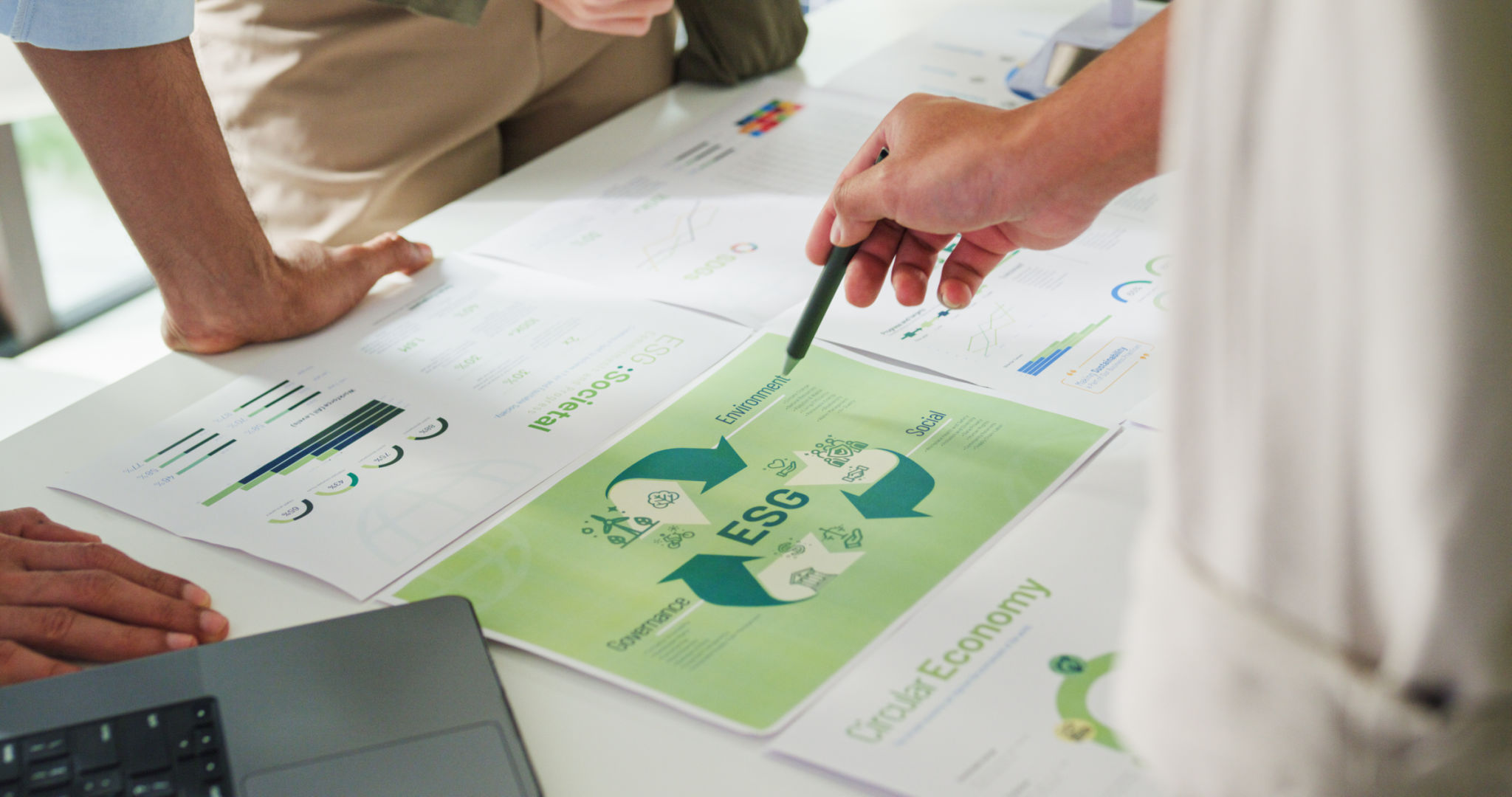Sustainable Investing Trends: Transforming Portfolios in the 2020s
Understanding Sustainable Investing
Sustainable investing, often synonymous with socially responsible investing, has gained significant traction in the 2020s. This approach not only focuses on financial returns but also considers the environmental, social, and governance (ESG) factors that impact long-term value. As more investors recognize the importance of sustainability, portfolios are evolving to reflect these values.
Traditionally, investing was primarily about financial performance. However, today's investors are increasingly driven by a desire to make a positive impact on society and the environment. This shift has led to a growing interest in sustainable investing strategies that prioritize companies committed to sustainability.

Key Trends in Sustainable Investing
Integration of ESG Factors
The integration of ESG factors into investment decisions is a critical trend in sustainable investing. Investors are now assessing companies based on how well they manage risks related to climate change, labor practices, and corporate governance. This shift is not just about ethics; it reflects a broader understanding that ESG factors can significantly impact a company's financial performance.
Rise of Green Bonds
Green bonds have emerged as a popular investment vehicle for those seeking to support environmental projects. These bonds finance initiatives like renewable energy, energy efficiency, and pollution prevention. As governments and corporations aim to reduce their carbon footprints, the issuance of green bonds is expected to grow, providing investors with more opportunities to support sustainable projects.

Impact Investing on the Rise
Another trend transforming portfolios is the rise of impact investing, which goes beyond ESG criteria to actively seek out companies and projects that deliver measurable social or environmental benefits. Investors in this space are looking for opportunities to fund innovative solutions to global challenges, such as affordable housing, clean energy, and healthcare access.
- Affordable Housing
- Clean Energy
- Healthcare Access
Challenges in Sustainable Investing
Lack of Standardization
Despite its growth, sustainable investing faces several challenges. One major issue is the lack of standardization in ESG metrics and reporting. This inconsistency can make it difficult for investors to accurately assess and compare the sustainability performance of different companies.

Greenwashing Concerns
Greenwashing, or the practice of overstating a company's commitment to sustainability, poses another challenge. Investors must be vigilant and conduct thorough due diligence to ensure that their investments are genuinely contributing to positive environmental and social outcomes.
As the demand for sustainable investing continues to grow, there is hope that these challenges will be addressed through improved regulations and industry standards. This evolution will help investors make more informed decisions and drive meaningful change.
The Future of Sustainable Investing
The future of sustainable investing looks promising. As awareness of global issues like climate change and social inequality increases, more investors are likely to incorporate sustainability into their strategies. This trend is expected to lead to further innovation in investment products and a wider range of options for those looking to build sustainable portfolios.
Ultimately, sustainable investing trends in the 2020s are reshaping the investment landscape by aligning financial goals with ethical values. As this movement gains momentum, it offers a powerful opportunity for investors to not only achieve financial success but also make a positive impact on the world.
